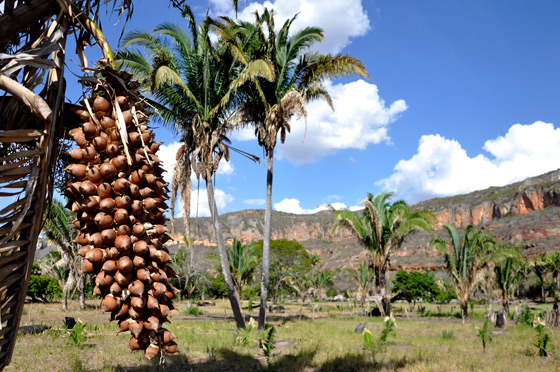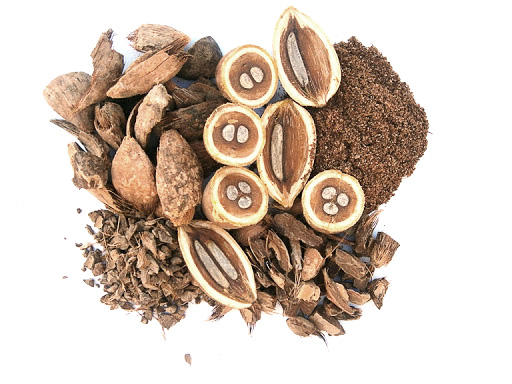The Largest Babassu Producers in Brazil
Babaçu is a term that can refer to both a type of palm tree and the products derived from it. The term is commonly used in Brazil, where the Babaçu palm (Attalea speciosa) is native and widely distributed.
The Babaçu palm is a tall, slender tree that can reach heights of up to 20 meters (65 feet). It has large leaves and produces clusters of round fruits, which contain several small, hard-shelled nuts. The nuts are rich in oil, making them a valuable resource.
The oil extracted from the nuts of the Babaçu palm is known as Babaçu oil. It is often used for cooking and in the production of various products such as soaps, cosmetics, and biodiesel. Babaçu oil has moisturizing properties and is also used in traditional medicine for its potential health benefits.
In addition to the oil, other parts of the Babaçu palm are utilized as well. The leaves are used for thatching roofs and making baskets, while the trunk can be used for construction purposes.
The harvesting and processing of Babaçu nuts and the production of Babaçu oil play a significant role in the economy of certain regions in Brazil, particularly in the states of Maranhão, Tocantins, and Pará. However, it's worth noting that the expansion of agricultural activities and land use changes have posed challenges to the sustainable management of Babaçu palm forests and the livelihoods of local communities that depend on them. Efforts are being made to promote sustainable practices and support the rights of traditional communities in the region.


